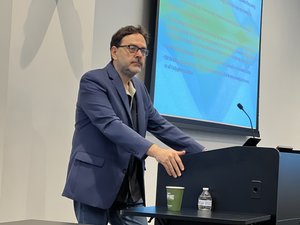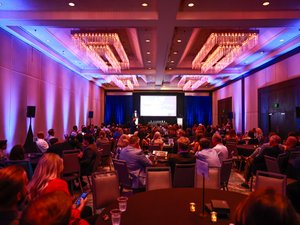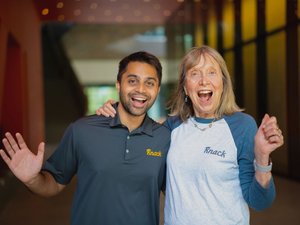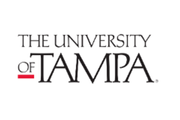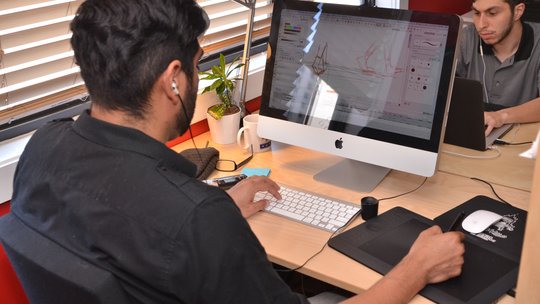
Echo Bridge is refocusing its business and opening studios in Korea and Japan.
The animation studio is based in St. Petersburg and has been a remote company since it was incorporated in 2010. It has made animated content for companies like Netflix, Nickelodeon, Cartoon Network, Hulu and Publix. But now, the company is shifting to Asia by opening two short-term spaces in animation districts in South Korea and Japan.
“We’re still trying to see how this works, but overall, this looks like it could be the next step in the business,” CEO and founder Esteban Valdez told Tampa Bay Inno.
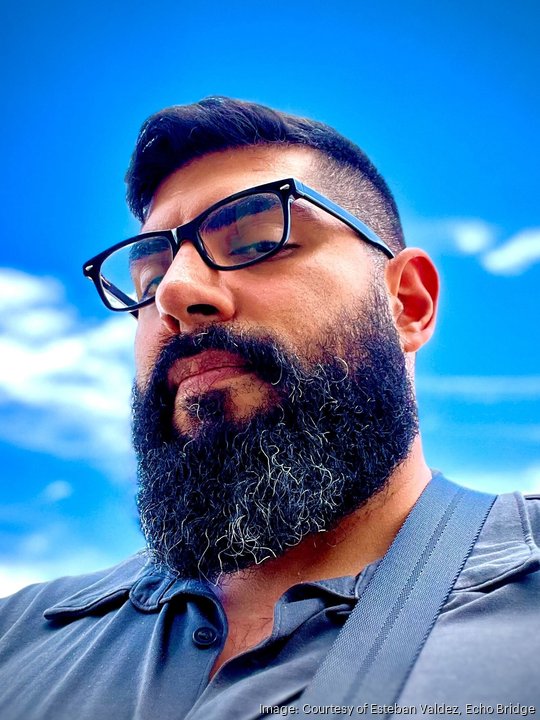
The company plans to keep the St. Pete location as its headquarters, but it will be moving its focus and non-remote employees to Korea and Tokyo. Valdez said he will only be at the St. Pete space once a year.
The move comes as Valdez finds the U.S. animation market unsupportive of his business, he said.
“The thing that we’ve been working for the last 14 years in Florida in the U.S., it’s been such a struggle, right? It’s been really hard to get support,” Valdez said.
The company typically has over 25 employees, depending on the project or contract. The company spends nearly $500,000 annually and brings in around $1 million or more in revenue. It’s also 100% cash-flow, Valdez said.
The four members of the company leadership are the only ones who are entirely in-person. They leave for Asia on Wednesday, and they will begin scouting for new office spaces. As a remote company, the transition will be seamless, Valdez said. They’ll also be scouting locations in El Salvador.
Establishing Echo Bridge in Korea
In the past few years, Echo Bridge has been working with a Korean education company, Chungdahm Media, in Seoul. During their visits and working with the company, Estaban saw how inexpensive their operations could be while being much closer to talent, customers and clients.
“Things that we were looking for in the U.S. really weren’t being highlighted as much or appreciated to a certain degree,” Valdez said.
It will also be closer to a portion of the industry that supports them. While the low taxes and environment in Florida have been helpful to his business, it has been unsupportive of animation, Valdez said. The company’s clients don’t come from North America anymore; they come from Latin America or Asia, he said.
The industry is more about “who you know than what you know,” Valdez said. That makes it a challenge to grow in the U.S. market.
Current events also come into play. Technology advances and innovation are more common in some areas. The strikes in Hollywood have affected the business as fewer productions are being greenlit, and freelance contracts are complicated by striking. Other parts of the world don’t have this, so it makes sense to expand in them, Valdez said.
“We’re not giving up on Florida,” Valdez said, referring to his view of Florida as his home. The state has personal and economic liberties that he doesn’t see in places like the Northeast, Texas or California, but it’s not where Echo Bridge needs to be right now. The future 10 years seem to point more toward Southeast Asia or developing nations for animation, Valdez said.
“We’re just looking at where the puck is going and trying to get there first,” Valdez said.

